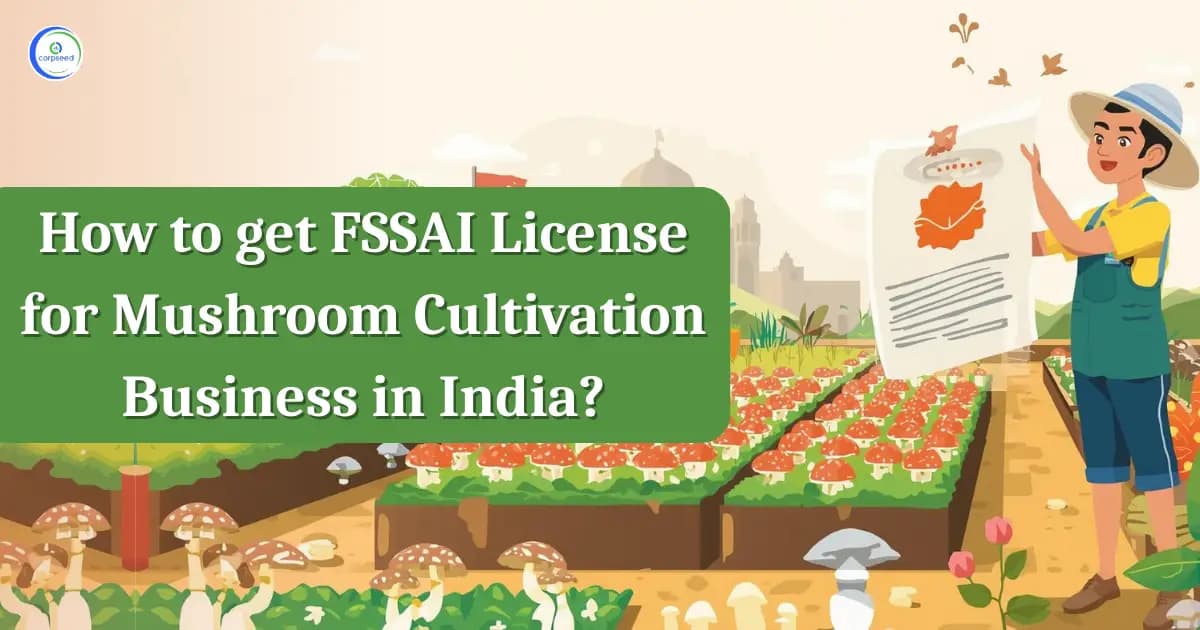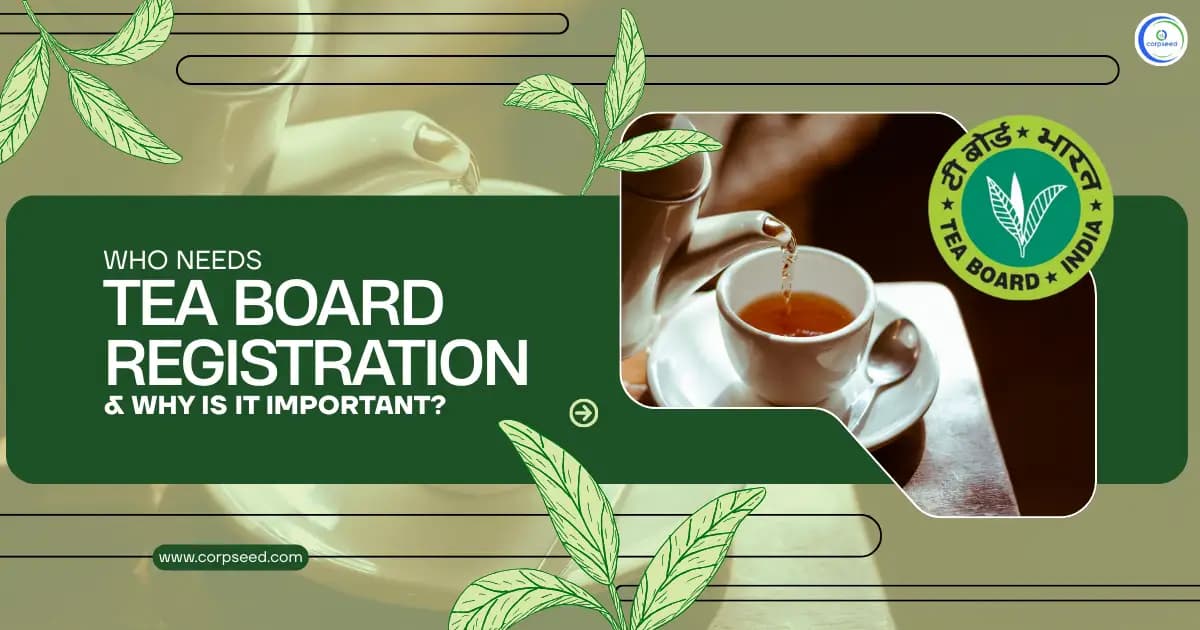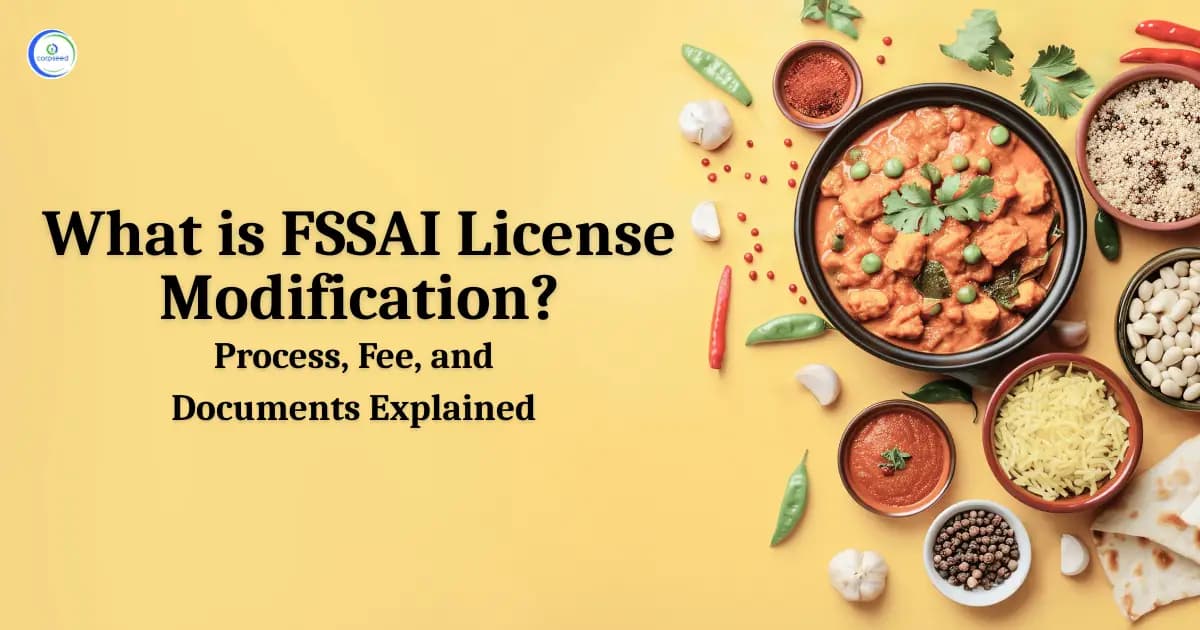
Loading...

The role of National Food Authority of India is to ensure the national food security/safety and to stabilize the supply/demand and the prices of the food products
About the Author

Experienced Digital Marketer with a demonstrated history of working in the Internet industry. He likes to write about the latest technology trends, Skilled in Digital Marketing likes. Search Engine Optimization, SMO, SEM, PPC, Content Writing, and, Designing, etc.
Related articles

How to Get FSSAI License for Mushroom Cultivation Business in India
2026-02-13

Who Needs Tea Board Registration & Why Is It Important?
2026-02-10

How to Apply for Spice Board Registration in India: Step-by-Step Guide
2026-01-02

Plant Protection Code 2025: New Rules for Tea Licenses
2025-11-29

What is FSSAI License Modification? Process, Fee, and Documents Explained
2025-09-19

How to Export Spices from India: Complete Process and Documentation Guide
2025-08-14
CDSCO Releases New Guidelines for Compounding of Offences Under the Drugs and Cosmetics Act
2026-02-26 • 0 views
2023-02-27
2026-02-25